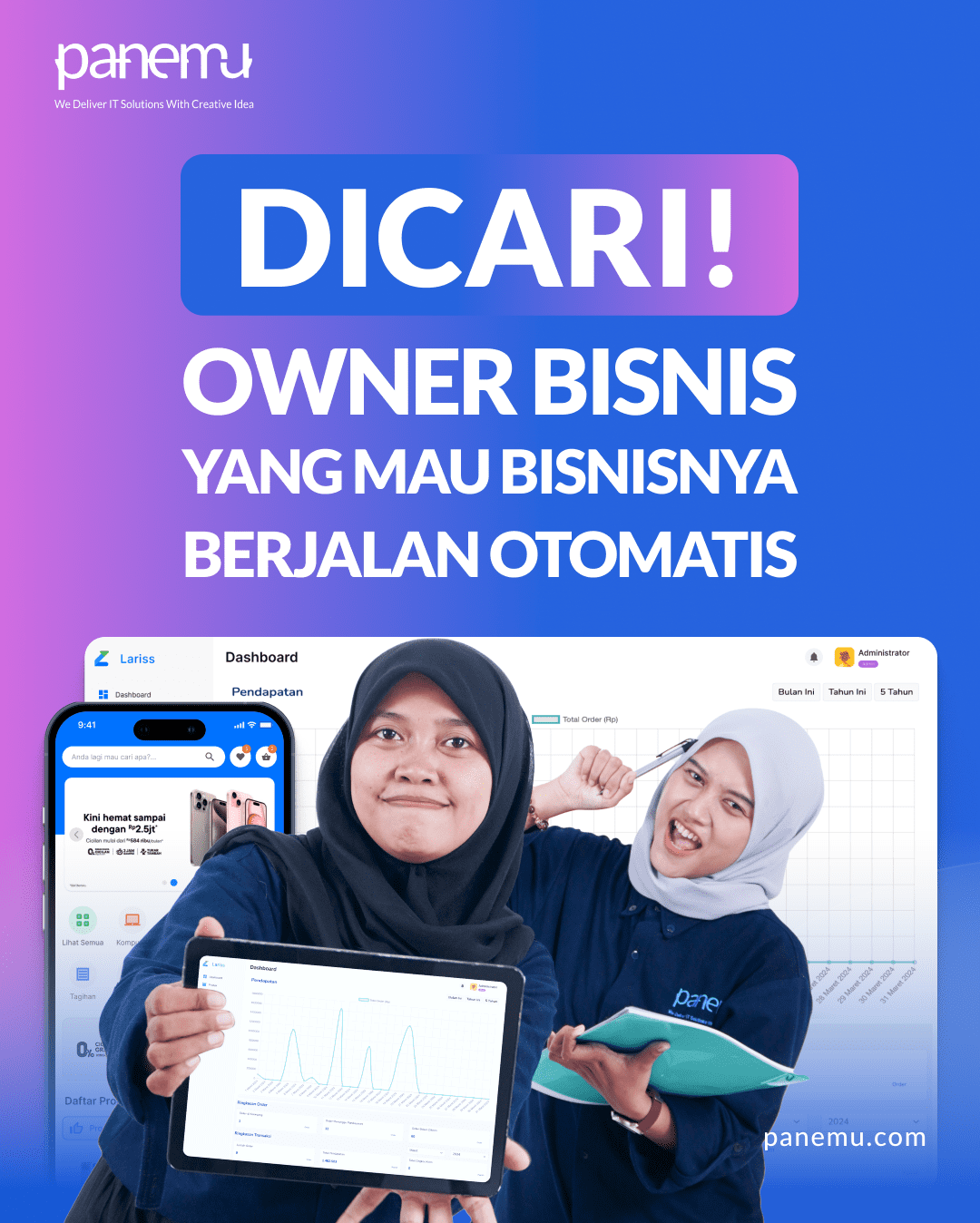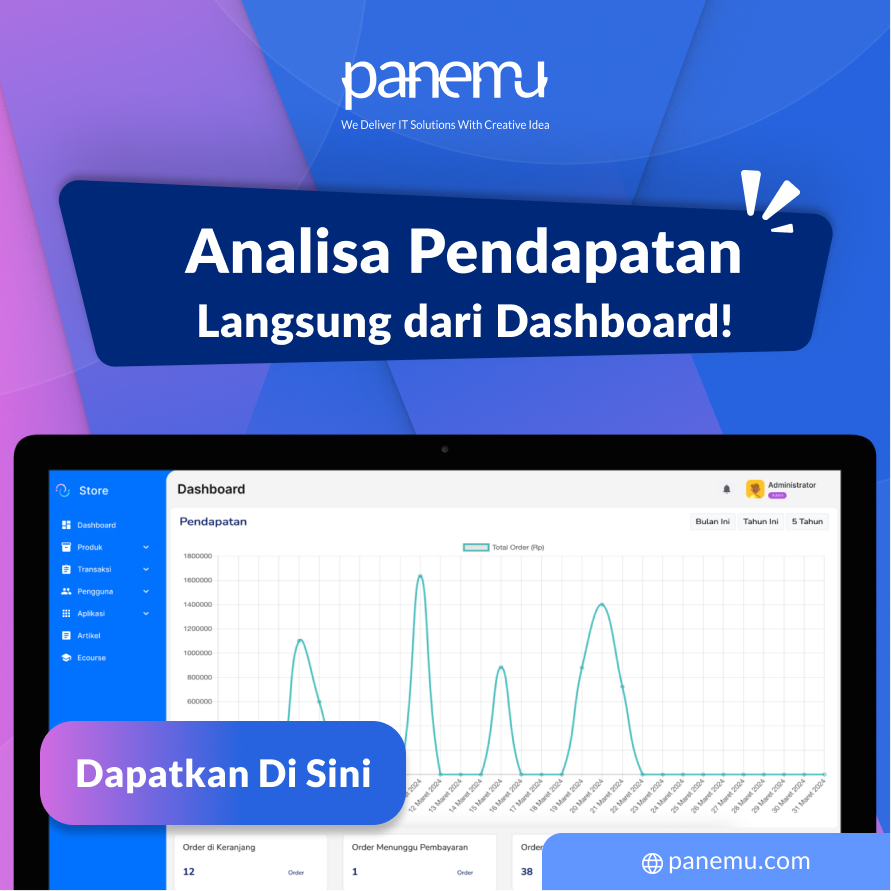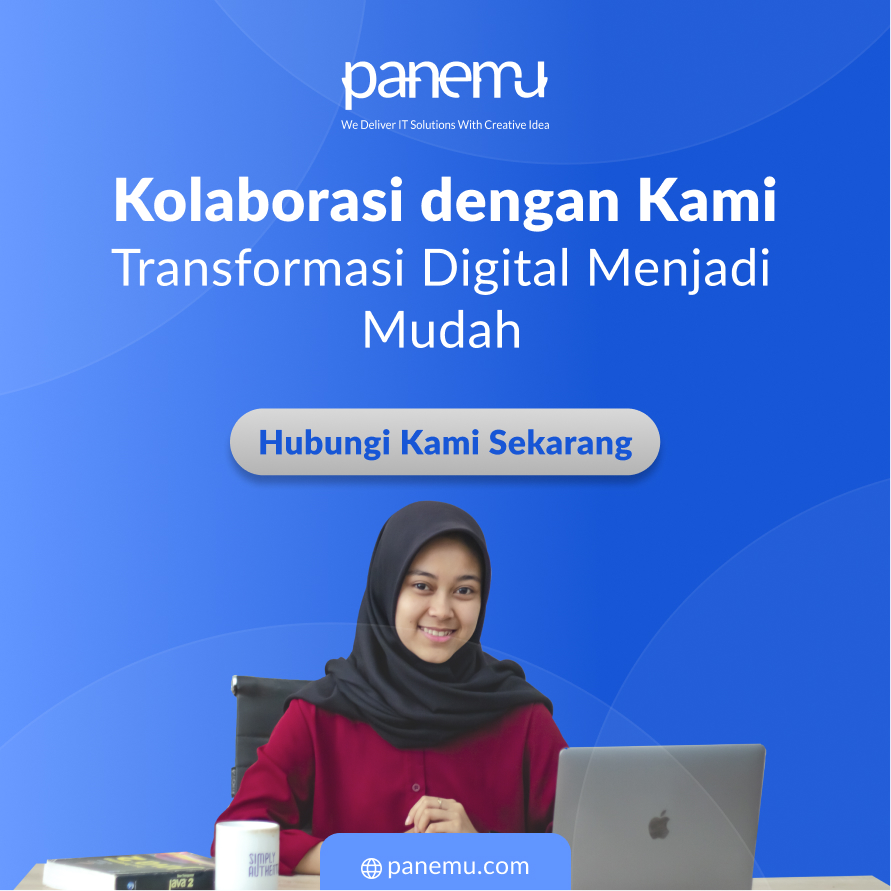Generation Z, born between 1997 and 2012, is the generation that grew up with the internet at their fingertips. They have never known a world without digital access, and this shapes the way they interact with information. Unlike previous generations who relied on search engines like Google, Gen Z is increasingly turning to platforms like TikTok and ChatGPT to search for information. This article will discuss Gen Z's information search journey, why they prefer these new platforms, and their impact on the future of traditional search engines.
Preference Change: From Google to TikTok and ChatGPT
Google has long dominated as the main search engine on the internet. However, in recent years, Gen Z has begun to seek information in different ways. According to a study conducted by Google itself, around 40% of Gen Z users prefer using TikTok or Instagram over Google when looking for a place to eat lunch.. This phenomenon shows that information search habits have changed significantly among the younger generation.
One of the main reasons for this shift is the highly visual and interactive nature of content on TikTok. TikTok allows users to discover information through short videos that are engaging and straight to the point. For example, if a user searches for a recipe, they can immediately see how the food is made, complete with easy-to-follow visual steps. This provides a more real and satisfying experience compared to reading long text articles.
Furthermore, TikTok's highly personalized algorithm adds to the platform's appeal. This algorithm is able to understand user preferences and serve content that is most relevant to their interests. This makes searching for information on TikTok more efficient and enjoyable, because users don't have to search too long to find what they need.
Statistics: Use of TikTok and ChatGPT for Information Search
Data shows a significant increase in the use of TikTok and ChatGPT as information search tools among Gen Z. A survey conducted by Adobe found that 64% of Gen Z use TikTok as their primary search engine, while 49% of millennials are also turning to these platforms.. This means more than half of Gen Z now rely more on TikTok than Google to find the information they need.
Not only that, ChatGPT, a text-based AI tool developed by OpenAI, is also increasingly popular among Gen Z. More than 10% of Gen Z users use ChatGPT to search for information, especially in the context of education and school assignments. This shows that Gen Z not only wants visual information, but also the more personalized and specific interactions offered by AI like ChatGPT.
Why are TikTok and ChatGPT so popular?
There are several factors that make TikTok and ChatGPT more preferred by Gen Z compared to traditional search engines like Google. First, TikTok offers content in short, easy-to-digest video formats. These videos are often no longer than 60 seconds, but are able to provide complete and interesting information. For Gen Z who grew up with social media and are accustomed to fast information consumption, this format is ideal.
Second, TikTok provides a greater sense of authenticity compared to Google search results. Many TikTok users feel that review or tutorial videos on this platform are more honest and less influenced by advertising or commercial interests. They can see with their own eyes how a product or service is used, which gives them greater confidence in their decisions.
Third, ChatGPT offers deeper and more personalized interactions. Users can ask specific questions and get answers tailored to their needs. This is different from Google which often provides a long list of links that must be opened one by one. In an educational context, for example, ChatGPT allows students to get detailed and in-depth explanations of certain topics, which helps them understand the material better.
Challenges and Concerns
While TikTok and ChatGPT offer many benefits, there are also some challenges and concerns associated with using these platforms for information retrieval. One of the biggest concerns is regarding the reliability of the information found on TikTok. Because anyone can create content on these platforms, there is not always a guarantee that the information presented is accurate or free from bias. Some TikTok users may not have the necessary expertise to provide appropriate information, which could lead to the spread of false or misleading information.
Additionally, TikTok's highly personalized algorithm can also be a double-edged sword. While these algorithms help serve content that is relevant to users' interests, they can also lead to filter bubbles, where users are only exposed to views and information that already matches their preferences. This can limit their perspective and reduce opportunities to discover new or different information that may be important to their understanding of the world.
Meanwhile, ChatGPT also faces challenges in terms of information accuracy. While this AI can provide detailed answers, there is a risk that the information presented is not always accurate or up to date. ChatGPT relies on data on the internet, and if the data is incorrect or out of date, the answers provided will also be affected. This is a major challenge that AI developers must face in ensuring that these tools remain a trustworthy source of information.
The Future of Information Retrieval
Changes in Gen Z's information search habits provide insight into the future of search engines. Google, which has long dominated the market, is now facing challenges from new platforms that offer more visual, interactive and personalized ways of searching. To stay relevant, Google must continue to innovate and adapt to increasingly changing user preferences.
One way Google is trying to adapt is by introducing new features that are more visual and interactive, such as image and video-based search. In addition, Google is also starting to integrate AI technology to provide more specific and personalized answers, similar to those offered by ChatGPT. This is an important step for Google to remain competitive in an era where Gen Z prefers different ways of searching.
For businesses and marketers, this trend shows the importance of being present on platforms like TikTok and leveraging AI like ChatGPT to reach Gen Z audiences. By understanding how Gen Z searches for and consumes information, they can create more effective strategies to attract attention and build connections which is stronger with this generation.
Conclusion
In an increasingly digital era, the ability to adapt to change is key. Gen Z, with their new search habits, is showing that the future of information seeking will be more interactive, personal, and visual. These changes are not just about technology, but also about how we as a society interact with the world around us. Google may still be a giant in the world of search, but TikTok and ChatGPT show that the giant may need to change the way it works to stay relevant in the future.
The younger generation has shown that they want more than just text; they are looking for visually rich and interactive search experiences that suit the way they interact with the world. As an industry player or educator, understanding this shift and responding appropriately will be key to remaining relevant and successful in this new era of information seeking.


